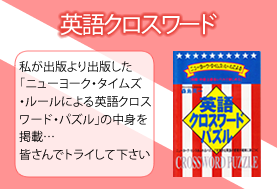
VOLUME-20
☆Ootomo-no Yakamochi’s poem
A Special Quote for the New Year Season
In this booklet, all the poems are basically listed according to the numbering system given to all the poems, i.e Volume No. followed by each item no. This numbering system is not exactly following the chronological order, but rather according to the sorting method of poetic genres. Please see the Table of Contents for details. Since the contribution of work made by Ootomo-no Yakamochi was most conspicuous in this Collection which contains First through Twentieth Volume, it may be well justified that one out of many pieces of his own work comes at the end as a Finale? Especially so as the character of this particular poem is Praise and Hope, tall and far, for the future of the country and its leader (Emperor).
At the time of New Year Season we are in now (December, 2020), I thought perhaps listing this poem, this ode to the country, here and now, ahead of all other poems, could be timely. Here we go!
新(アラタ)しき
年の始の
初春の
今日降る雪の
いや重(ㇱ)け吉事(ヨゴト)
(大伴家持 巻20-4516)
Aratashiki
Toshino hajimeno
Hatsuharuno
Kehu furu yukino
Iya shike yogoto
(Vol.20-4516)

● BILOG“MAN-YOH-SHUH”topに戻るRing in New Year’s Day!
It’s also First Day Of Spring!
Like the snow we see,
May many flakes of good things
Settle here and accumulate!
(Vol.20-4516)
Ootomo-no Yakamochi, the chief compiler/editor of Man-Yoh-Shuh, was, at the time of creating and announcing this poem, Governor of Inaba Province (Today’s Tottori Pref.).
This poem occupies the very end of the list of the whole 4516 poems of this Collection Of Ten Thousand Leaves (=poems). In fact, this is the last of the Tanka poems he created and publicly announced in his life.
He survived the announcement of this poem by many years, but there seems to be no later work of poem, at least none made public.
In those times, snowing on the First Day of the Year was deemed a harbinger of good harvest. Besides, this year, when he made this poem,the First Day of the Year coincided with the First Day of the Spring Season on the lunar calendar, hence the first two lines of this poem.
Yakamochi may well have thought that this piece of work would function as a good anthem praising the country and its future, hence making it the concluding piece of work of the whole Collection.
(This remark relies on the analyses in Mr. Nakanishi’s book) ―――





